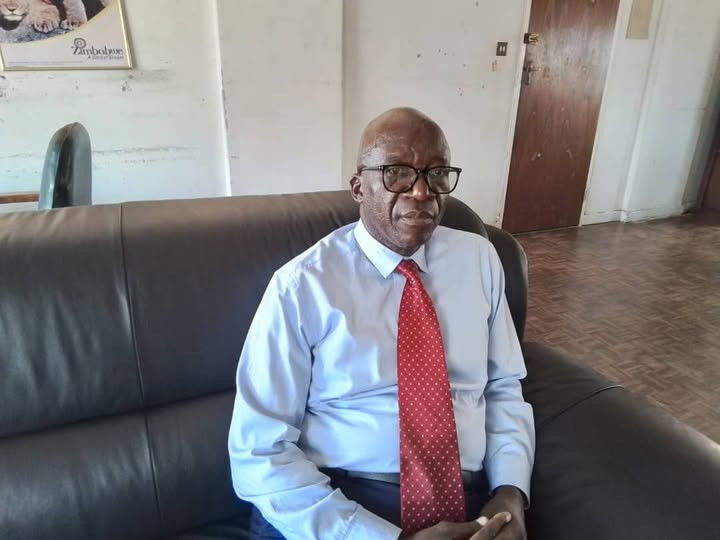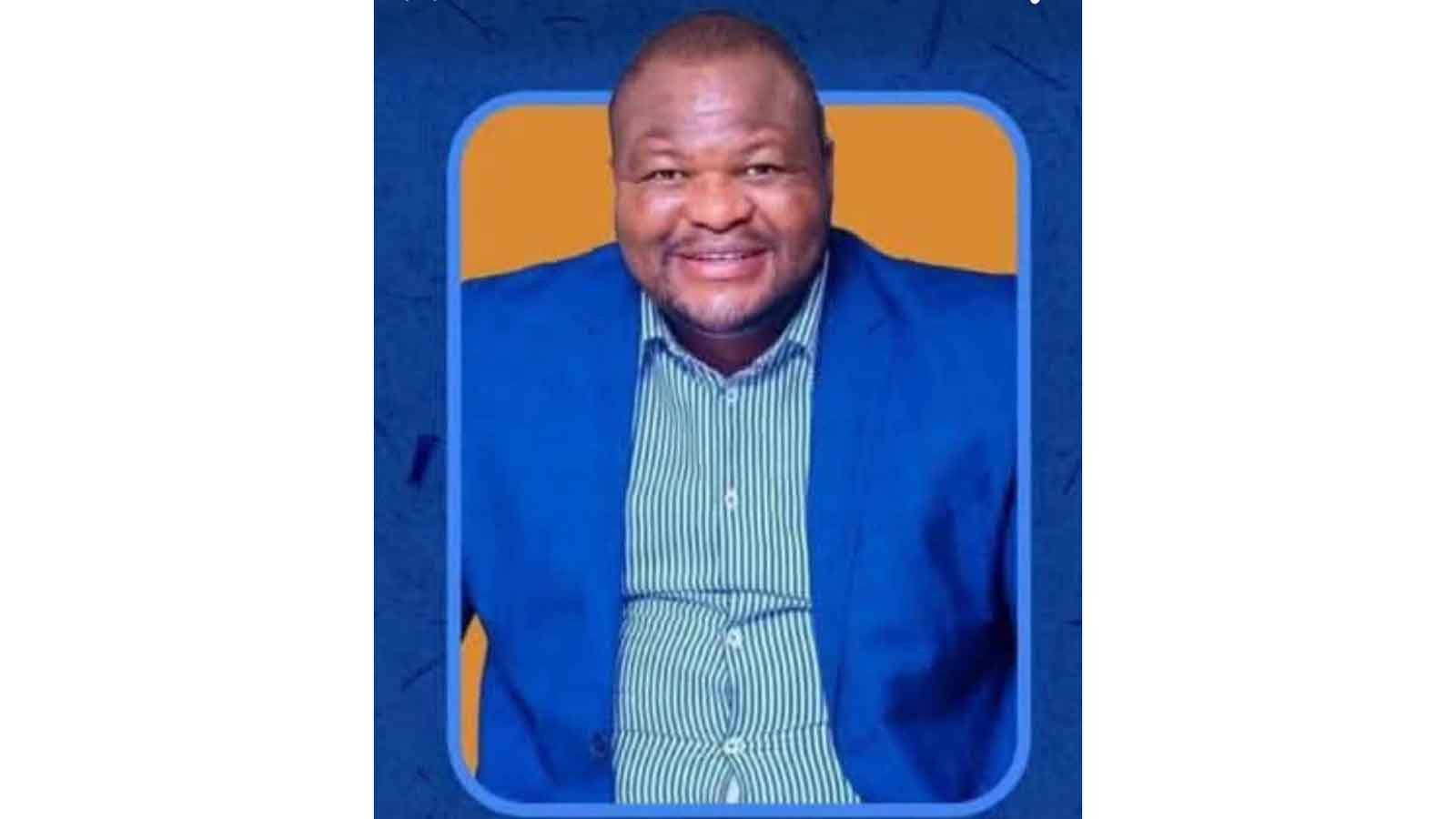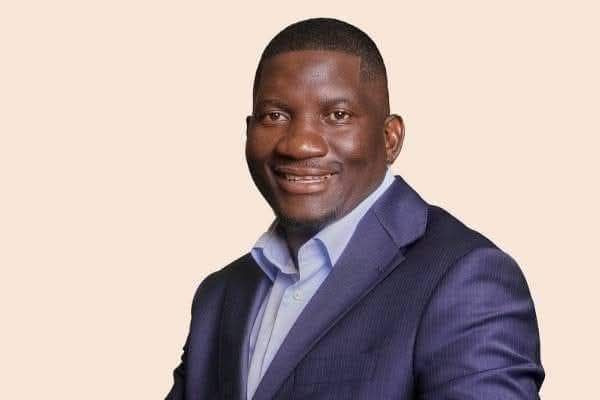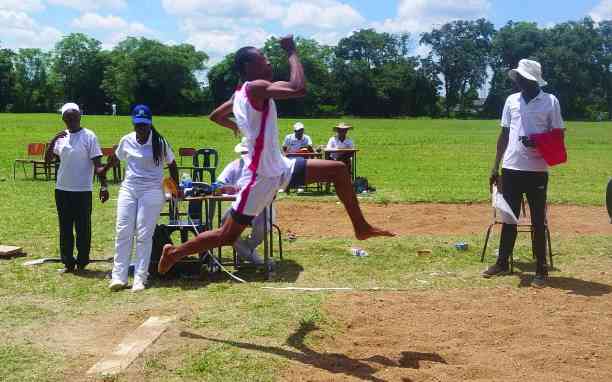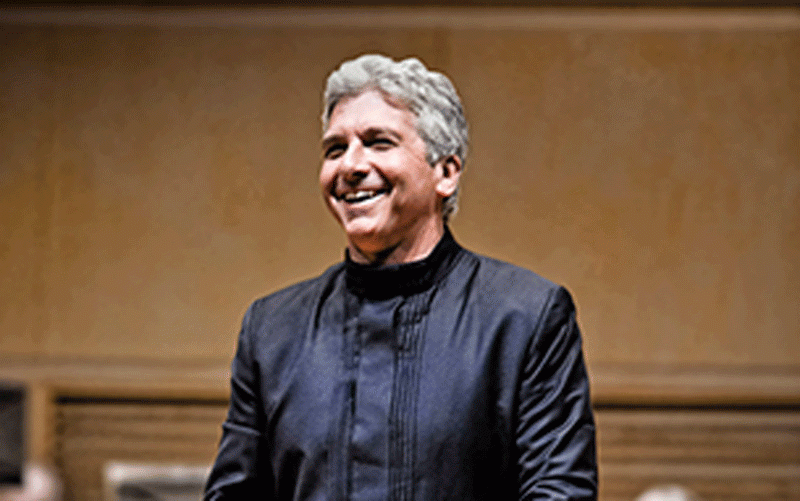
Peter Oundjian is most likely not a name well known to many people in Zimbabwe. He was a talented soccer player for his school first eleven in the 1970s (an English private school whose Old Boys team, Old Carthusians, is the only amateur team ever to have won the FA Cup, which they did in 1881). However, that is not how he is best known. Interestingly, he was also so talented musically, as a violinist, that he was made to give up playing soccer for the school team as he could damage his fingers which would therefore ruin his future musical career (imagine a boy in Zimbabwe giving up rugby to play the violin…?)!
Some readers (even in a sports article) might know that Oundjian did go on to become a world-famous violinist after winning First Prize at the International Violin Competition in Viña del Mar, Chile in 1980 before enjoying a career that has spanned five decades, beginning as a solo violinist, then first violinist of the Tokyo String Quartet, followed by an international conducting career leading orchestras in virtually every major musical centre in the world.
But, no, even that may not be why he is known to people in Zimbabwe. His claim to fame, if it might be put in such terms (though he himself is probably not aware of it), is that this writer was a member of the same school soccer team the year behind Oundjian – not a lot of people knew that, as the saying goes! What is more, not a lot of people will care about that! So what, will be the cry!
The fact is, we do all like to make use of the fact that we know people who we consider are influential or important. And we like to make a strong link between them and us. By that token, this writer is suggesting that people should conclude that because Oundjian was a good soccer player at the same school and a world-class violinist, so too must this writer be incredibly musical! Logic, however, does not prevail, let it be stressed very firmly straight away! Of course, schools also love to make sure we know which sporting superstars went to their school, to make us think that every child who goes to that school will be a superstar!
For many people, it is all about who we know, about connections. We like to ensure people know that we know someone in this person’s high office or that Ministry, thinking that it will open helpful doors for us. It is all about the people we know, so that when it comes to something we want or need, we know who to ask for help. Parents will try to use the people they know to assist their child move higher in their sport; coaches will try to benefit from the people (whom they consider to be in the right places) that they know to gain them promotion and positions.
Such coaches though need to learn or remember an important lesson – it is not a matter of the people they know but rather a matter of knowing people, in particular their players. An essential part of a coach’s work is to know his players, so that he can be on the same wavelength, have the same understanding, as them. He needs to know what makes them tick, what works for them, what worries them. That is such a huge part of a coach’s remit but is not always recognised. However, coaches who are not teachers but come in to coach a school team need to know far more than that.
Such a coach needs to know the players’ parents and how to handle them; he needs to know the players’ teachers and what they are teaching them in different subjects, so that there is no contradiction in what (and how) they are all trying to teach the children. The outside coach needs to know fully and believe fundamentally the Vision and Values of the school, so that the way the team plays and the lessons the coach is imparting in the children are consistent. He needs to know the history of the school (granted not many schools history will include a famous, never-repeated victory in 1881) as well as the culture of the school. They are not coaching in any old school; they are coaching in that particular school and must coach in the appropriate manner for that school.
Let it be firmly understood, fully respected and flatly accepted: it is not the people you know in high or distinguished places that matter but rather it is the people on the field you need to know, the children. Children are the important ones. Coaches must be their conductor and do it harmoniously. Now you know! (And, note, Oundjian will not remember this writer so there is no way in there!)
- Mavhunga puts DeMbare into Chibuku quarterfinals
- Bulls to charge into Zimbabwe gold stocks
- Ndiraya concerned as goals dry up
- Letters: How solar power is transforming African farms

